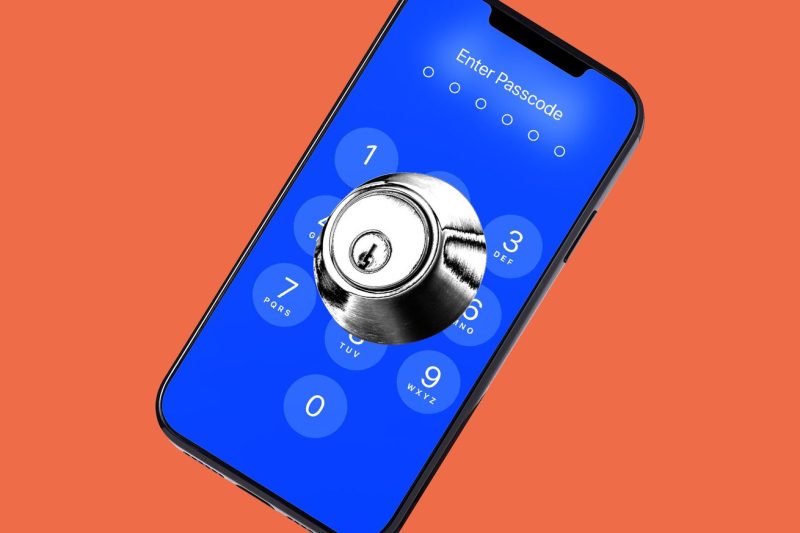Customs Agents Need a Warrant to Search Your Phone Now
The digital age has brought about many advancements that have greatly improved our lives. However, with these advancements come new challenges and concerns, particularly when it comes to privacy rights. One issue that has been at the forefront of the discussion on privacy in the digital age is the ability of customs agents to search travelers’ electronic devices at the border.
In recent years, there has been a growing concern over the invasive practice of customs agents searching cellphones, laptops, and other electronic devices without a warrant. Travelers have raised valid concerns about the violation of their privacy rights and the potential for sensitive personal information to be accessed and shared without their consent.
Fortunately, there have been efforts to address these concerns and protect travelers’ privacy rights. One significant development is the ruling by the Ninth Circuit Court of Appeals, which stated that customs agents must have reasonable suspicion or a warrant to search electronic devices at the border.
This ruling represents an important step in safeguarding travelers’ privacy rights and ensuring that searches of electronic devices are conducted in a lawful and respectful manner. It acknowledges the sensitive nature of the information stored on electronic devices and establishes clear guidelines for when customs agents can search these devices.
The requirement for customs agents to have reasonable suspicion or a warrant before conducting a search of electronic devices strikes a balance between national security concerns and individual privacy rights. It prevents arbitrary and invasive searches while allowing for searches in cases where there is a legitimate reason to suspect wrongdoing.
Protecting privacy rights at the border is crucial in our increasingly digital world, where electronic devices store a wealth of personal information. By requiring customs agents to follow legal procedures when searching electronic devices, we can help prevent the unwarranted invasion of privacy and uphold the rights of travelers.
In conclusion, the ruling by the Ninth Circuit Court of Appeals requiring customs agents to have reasonable suspicion or a warrant to search electronic devices is a significant victory for privacy rights. It sets a clear standard for how searches of electronic devices should be conducted at the border, balancing national security concerns with individual privacy rights. Moving forward, it is important to continue advocating for the protection of privacy rights in the digital age and ensuring that legal safeguards are in place to prevent unwarranted intrusions into personal information.
